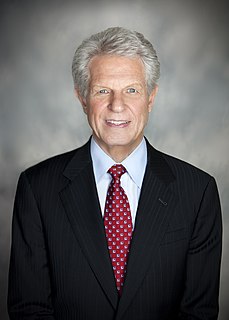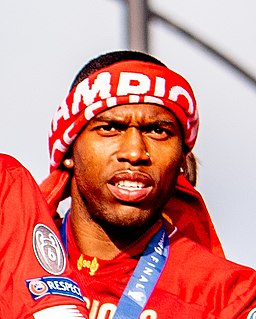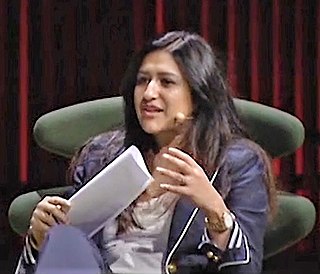A Quote by David Droga
It seems like not a lot of the world's issues can be solved by big government. But they can be solved by brands, and brands putting their best foot forward need advertising.
Related Quotes
Becoming carbon neutral is only the beginning. The climate problem will not be solved by one company reducing its emissions to zero, and it won't be solved by one government acting alone. The climate problem will not be solved without mass participation by the general public in countries around the globe.
Perhaps the most powerful lesson other brands can learn from Nike is the need to act in accordance with the reality of the world we live in. In a mutually dependant, intimately connected global community facing several major crises, brands need to operate with an expanded definition of self-interest that includes the greater good.
I see "demand creation" as a 20th-century construct that's bound up with advertising. It's an outmoded view of marketing that says, "First, we build a product or service, then we advertise it into people's lives." Embedded this view is the belief that companies control brands. This is a myth. My message all along has been that brands are actually created by customers, not companies. Companies only provide the raw materials - the products, messaging, behaviors - that people use these to create brands.
There was a shop in Birmingham called Autographs, where I'm from in Birmingham. My uncles and dad used to shop there. They played professionally, too. When I started, I went to Autograph, and they had brands like Rick Owens. There are loads of brands, like my go-to brands that I will go to if I want to buy jeans, like DSquared or Balmain.
The serious problems facing the world... will only be solved if women have a seat at the table and are listened to as to what is required. These issues will never be solved until women are able to use their full potential on behalf of themselves, their families and their global and local communities.
I am expecting that consumers are going to continue and exert power and influence. The idea of radical transparency is something that few brands are taking advantage of now, and most brands fight it. I’d say that in 10 years the best brands won’t be those with the best stories, sort of made up fictional stories, but those that will give an accurate and real time picture of what they are doing in the interest of the consumer, in any given time.
Most brands that are called luxury brands today are not true luxury brands. The globalization of fashion and luxury means you now find the same luxury brands in every city. The stores look the same, the products are the same. It is still a very good quality product but it is now readily available to everyone. It's a kind of mass luxury.


































